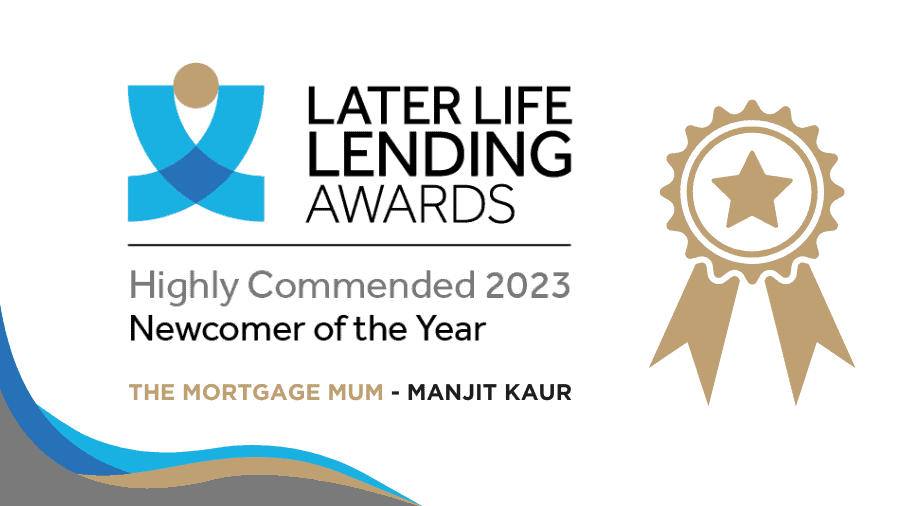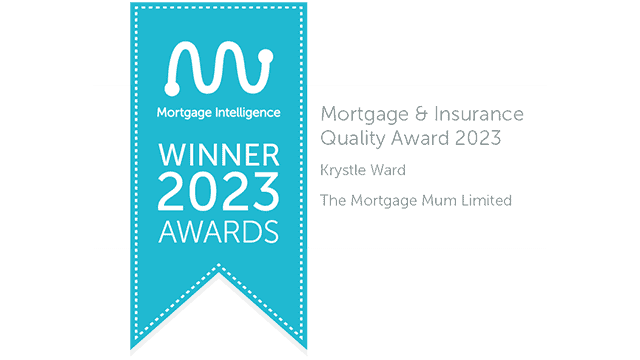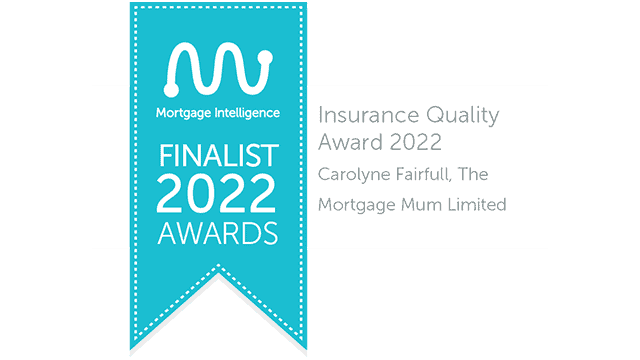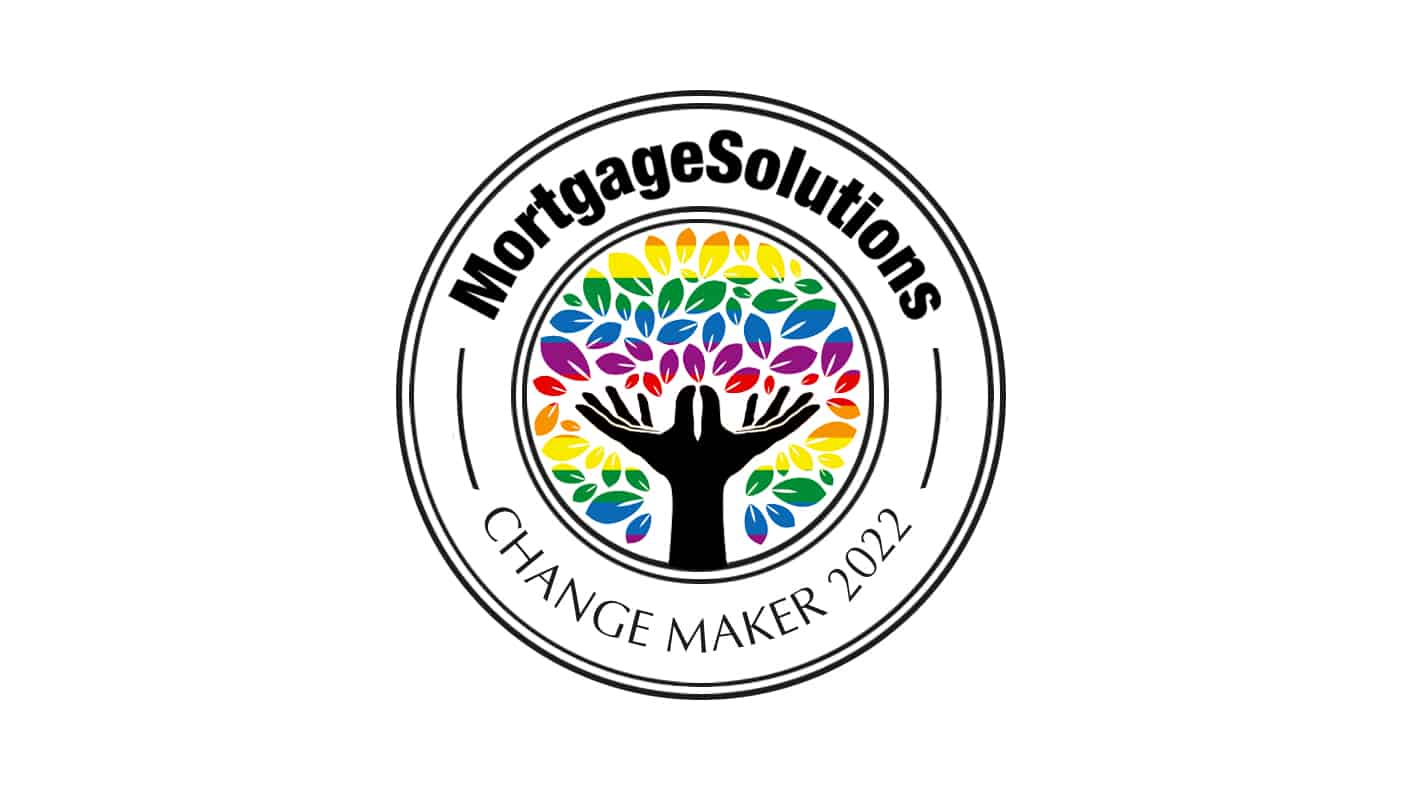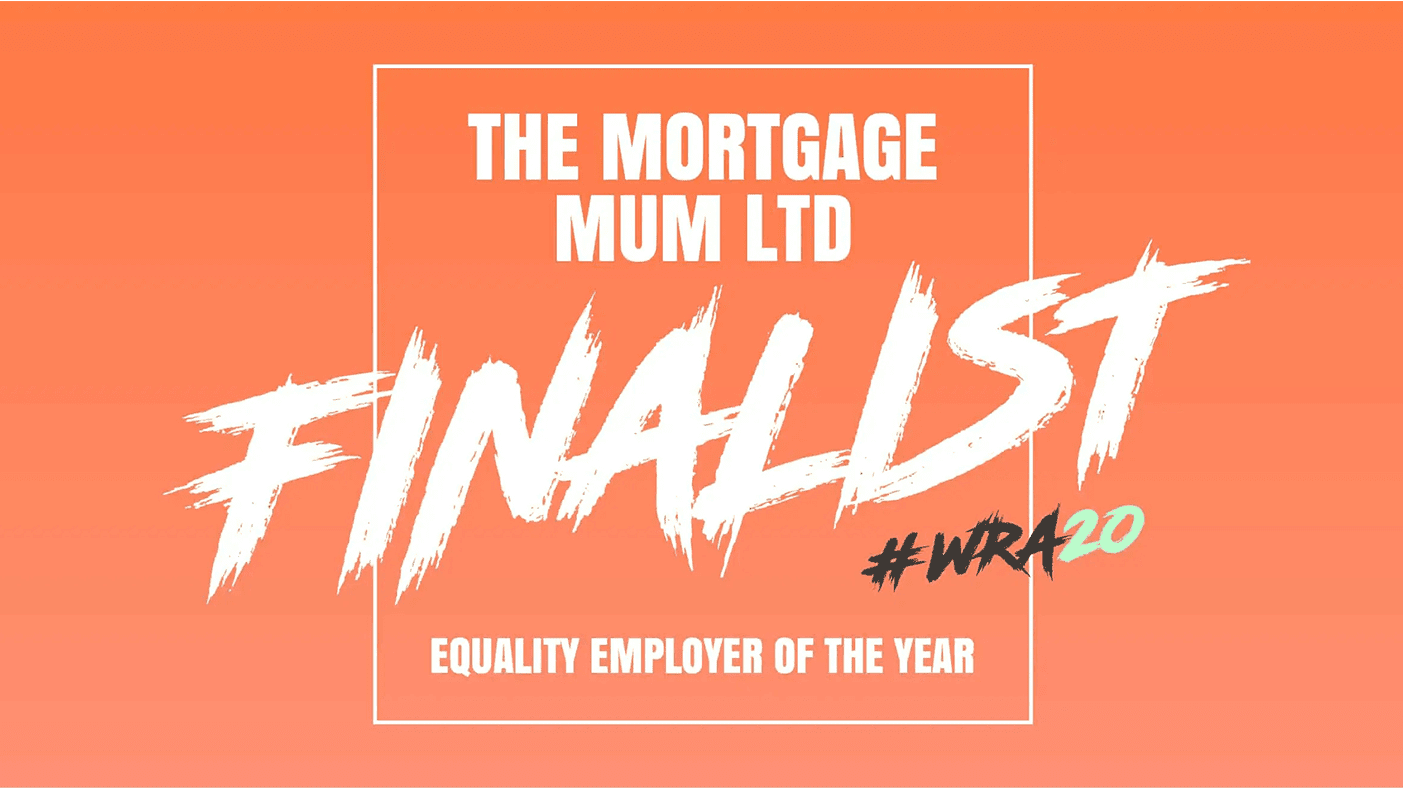On this week’s episode of The Mortgage Mum Podcast, Sarah Tucker tells us all we need to know about holiday lets.
Holiday Lets are a big talking point at the moment, and many people are wondering whether to invest in holiday lets. The pandemic has boosted staycations and many people have fallen back in love with the UK and are choosing to holiday here. So let’s take a look at what’s involved.
What’s the difference between a holiday let and a long term let?
A holiday let is a property that’s let out to holidaymakers for short periods – usually from two or three nights up to a few weeks. With a Buy to Let you will generally rent out the property for a minimum of six or twelve months at a time.
When you’re looking at return on investment (ROI), you need to take lots of factors into account. But at the same time, it can be a decision that is partly led by your heart. Colleen on The Mortgage Mum team chose to buy a holiday let because she found a lovely property in an area that they visit a lot. It was their way of having a second home, a place to visit each year, but also a way of making money. So it was a double win for them.
Is now a good time to buy a holiday let?
The rise in this market is huge. Some people believe this is only due to COVID and once the world goes back to normal, people will choose to holiday abroad again. But I believe people have fallen back in love with the UK, and it will be a long time before everyone is comfortable about going overseas.
There are so many areas of the UK that are beautiful tourist hotspots and many are already booked up for the next year. This has to be a good space for an investor’s money.
The average occupancy for a holiday let is between 20 and 24 weeks a year. But high performing properties in popular locations can achieve over 40 weeks booked.
Can I make more money on a holiday let than Buy to Let?
A good holiday let can earn you as much in one week as you could earn in a month from a Buy to Let. An average holiday let owner earns up to 30% more yield than their Buy to Let counterparts. It’s estimated that they’ll deliver an 8% return annually while Buy to Let investors aim for a yield of around 6%.
A good profit target if you have no mortgage or letting fees is 50% – but most people are going to use a mortgage and have letting fees deducted, in which case you might aim for 30%.
If your short term is successful, you will get a higher return than letting your property long term. The big win is to buy a property in an area that becomes popular. At the moment there’s an area in Wales that is tipped for the next big Centre Parcs style resort.
Investing in properties around that area could potentially give you huge appreciation, especially if you buy a rundown home in an area that starts attracting people in future.
Your main focus for a holiday let is to be clear about the attraction for people staying there. Why would people visit that area for a week as opposed to any other? You should also consider the competition if it is a tourist hot spot – don’t get into a price war.
Speak to an expert
We will work at times that suit you and your family, carrying out appointments via video call, telephone or email, giving you the benefit of first class service, around your own schedule, and in the comfort of your own home. So let us handle your mortgage today and find out how well we can look after you, The Mortgage Mum way!
What are the disadvantages of buying a Holiday Let?
We’ve talked about the pros, so let’s look at some of the cons. A Holiday Let is typically more expensive to buy than long term let properties, and mortgage rates are typically higher than Buy to Let as well.
Your initial outlay will also be pretty big, especially if you will be renovating the property. The more you invest in fixtures, fittings and other touches, the more your guests will be prepared to pay.
You will also need to think about housekeepers and people to manage your property. That’s highly recommended if you’re doing a holiday let – because it’s a lot to manage otherwise. You might also need a letting agent, who will typically charge you 20% to 30%, compared to 13% for Buy to Lets.
There will be an initial delay while you furnish the property, get it ready, your management agent gets all the pictures up and advertises it. It can also take a while to build a good reputation. So your return isn’t necessarily going to come straight away. You can also expect more wear and tear on a holiday property than a Buy to Let.
Is it harder to get a mortgage on a Holiday Let?
There are currently 29 lenders for short term lets, so it’s getting better and more popular than before, but there are not as many lenders to choose from as for a Buy to Let. Rates are typically higher, too.
With a Buy to Let you need a 25% deposit, and it’s roughly the same for a holiday let.
For a Holiday Let, the loan is based on a specific valuation. You need a management company to help you put together a conservative estimate based on 22 weeks of renting that property out on a holiday let basis. This will give you a financial forecast for rent, which the lender uses to do the same sort of calculation as with Buy to Let. One lender, for example, bases this at 140% of the mortgage payment at a 5.5% stress test. With a Buy to Let mortgage, the loan amount is based on how much you rent the property for per year or on a monthly basis.
To find a mortgage, you need a broker – because every single lender will offer a different amount. We will help you get the most appropriate loan for your plans. Interestingly, you may have a better chance of getting a mortgage for a holiday let than Buy to Let, as you can allow for some of the fitting costs.
Will I pay stamp duty on a holiday let?
Yes – you’ll pay the additional stamp duty as you would with any second property, which is an additional 3%. Stamp duty works exactly the same whether you’re buying as a limited company or in individual names. You need to factor in that cost upfront.
I have to be really careful about what I say because I am not a tax adviser or an accountant. But what I can tell you is that subject to meeting the furnished holiday let criteria, holiday lets are eligible for full mortgage interest tax relief.
Currently there’s no limit on the mortgage interest amount that you can offset against your profits. With Buy to Let that’s very different and soon this will no longer be allowed.
It’s also worth knowing that holiday lets are subject to business rates rather than council tax. So you may be able to claim relief on business rates. It has to be available to let for at least 140 days of the year to register for small business rates.
What are the criteria for a holiday let mortgage?
The criteria are different for every lender, but there are some things that are fairly common. Many lenders do want you to have experience as a landlord or a holiday let landlord. They want to see that you know what you’re doing.
But this won’t necessarily apply to every single lender. It depends on your background. Let us compare the 29 lenders’ criteria and calculations to suit your needs.
It’s also important to say that some lenders won’t allow letting via Airbnb. The management company you use can make a huge difference both in getting a mortgage and in attracting clients to your property.
Remember too that running a holiday let can be really time consuming compared to being a landlord. You need to make sure you get good reviews, and to make sure it’s cleaned and prepared properly for guests. The management of your holiday letting business can sometimes be a full time job if you don’t enlist the help of an agent to respond to enquiries, do the marketing, adjust prices, checking in, cancellations, complaints, replying to negative guest feedback etc.
If you’ve enjoyed this episode of Mortgage Mum podcast, please share and subscribe and rate and review it. And if you would like help with your mortgage or your insurance, contact any of the team via the website or social media. We would love to help you. Thank you for listening.
Your property may be repossessed if you do not keep up with your mortgage repayments. The Financial Conduct Authority does not regulate some Buy to Let Mortgages.

























